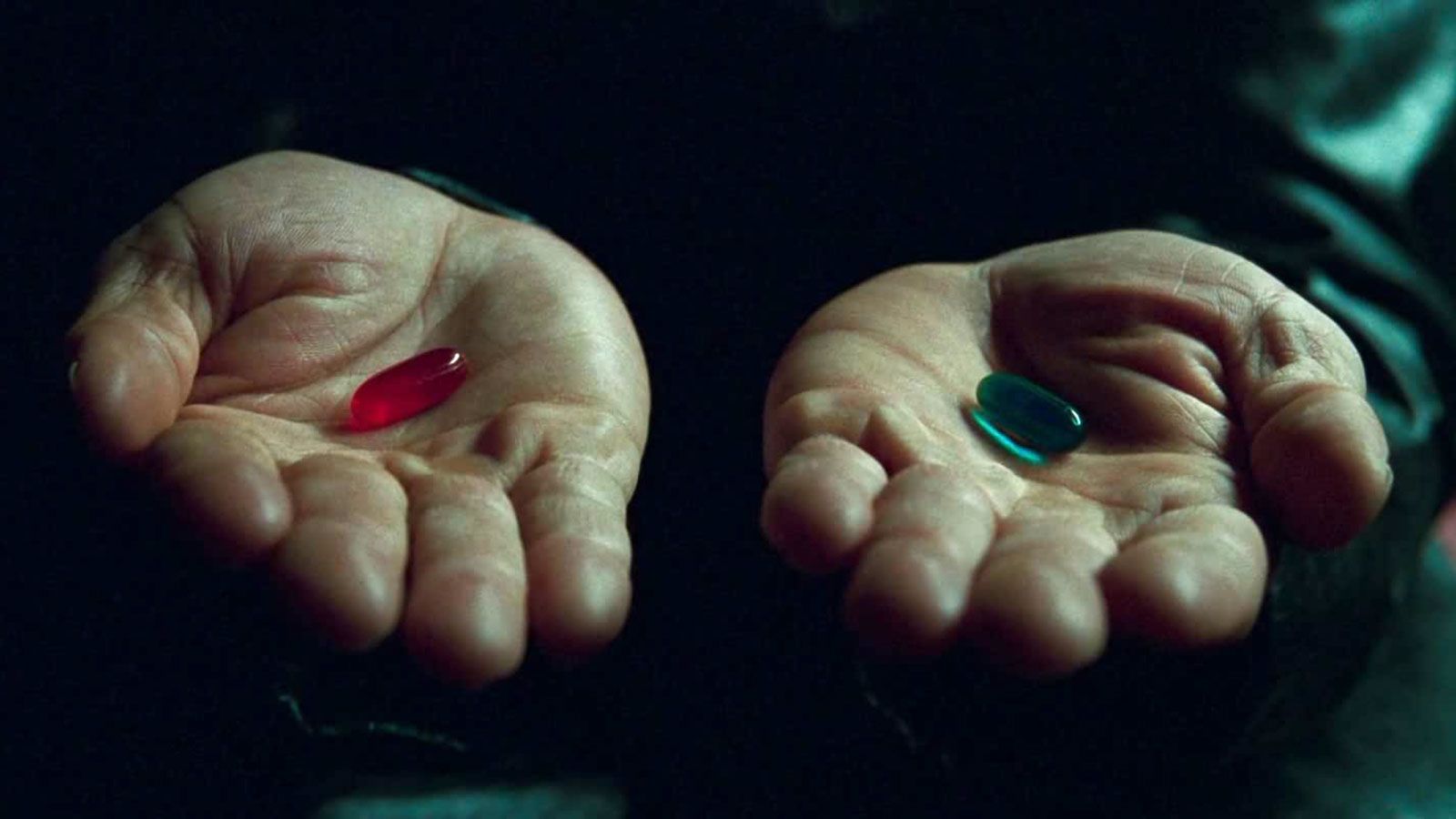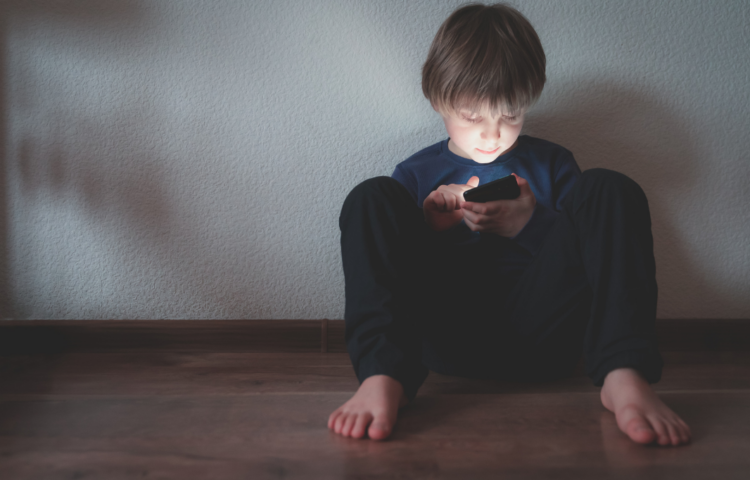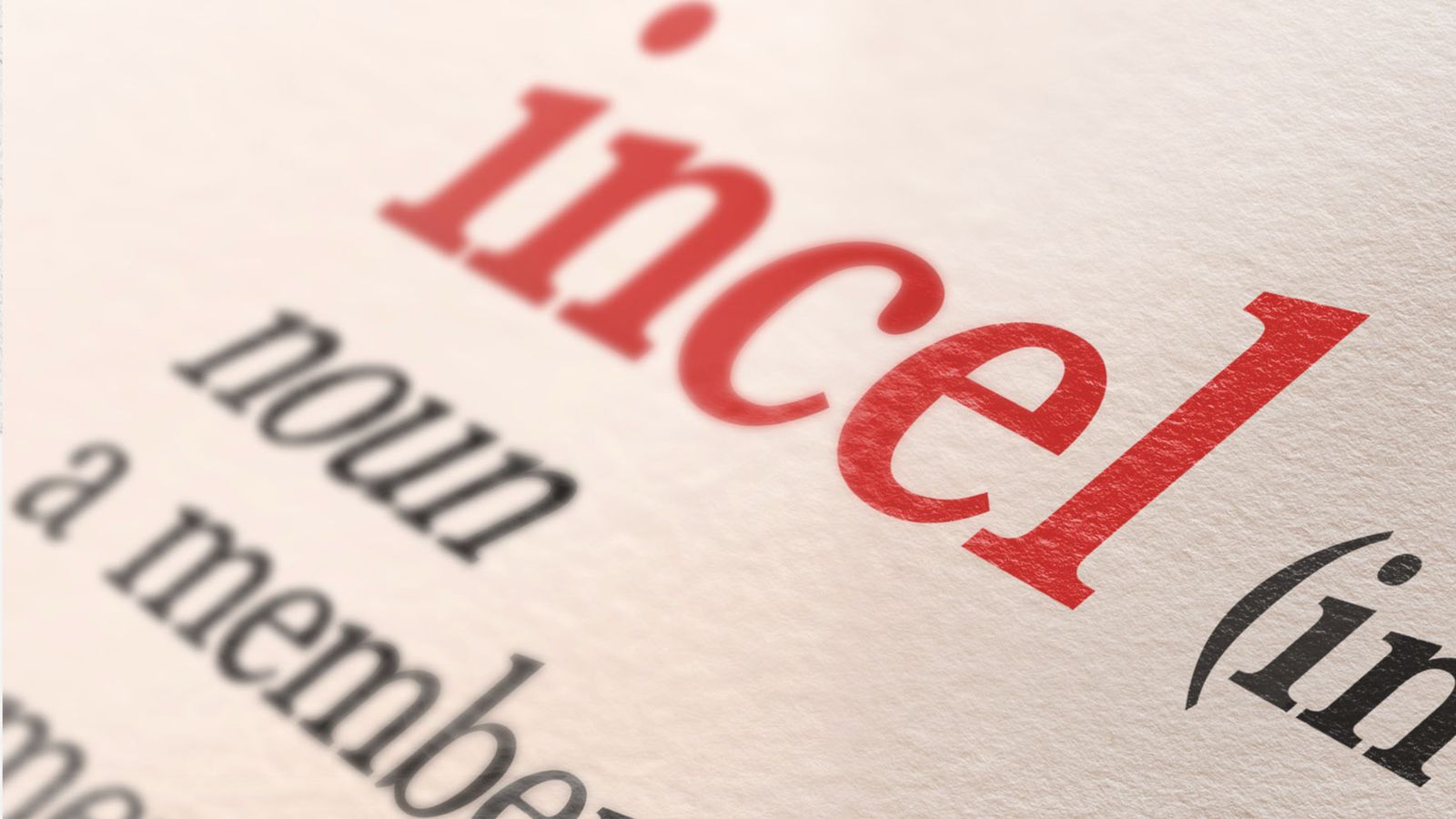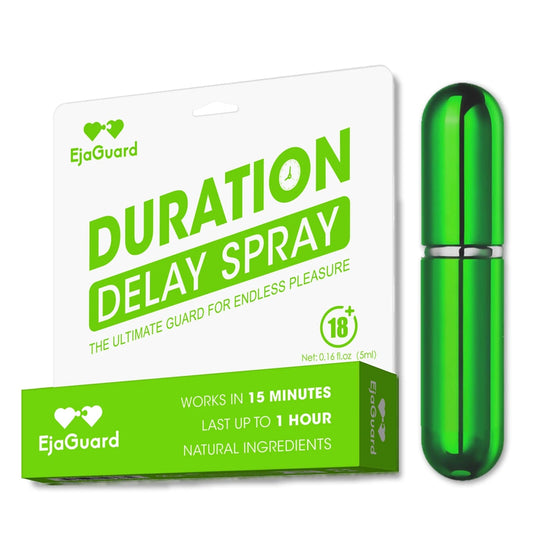What Is an Incel? Understanding the Meaning, Mindset, and Culture
What Does 'Incel' Mean?
'Incel' is short for 'involuntary celibate'.
It describes someone—usually male—who wants to have sex but feels unable to form romantic or sexual relationships.
Unlike someone who chooses to be single or celibate, an incel believes they are being denied intimacy by factors beyond their control.
The term isn’t just about sex. It’s about deep frustration, rejection, and a lack of connection.
For deeper insight into male sexual struggles like premature ejaculation and intimacy issues, see EjaGuard’s blog on sexual performance and confidence.
Where Did the Term 'Incel' Come From?

Interestingly, the term 'incel' was created in the 1990s by a woman. She started an online support group for people of all genders struggling with dating and loneliness.
It was originally meant to foster understanding—not hate. But over time, online forums redefined the term, focusing mostly on male resentment and anti-woman views.
The BBC has covered the history of the term and how online communities shaped its current meaning.
What Is Incel Ideology?

Incel ideology is a belief system based on perceived sexual and social rejection.
Most incels believe that the modern dating world favors a small group of attractive men, leaving them behind.
Key elements of incel thinking include:
-
Looks-based fatalism (belief that appearance determines all dating success)
-
Blaming women for choosing 'bad men'
-
Self-hate, low self-worth, and isolation
Many incels express their frustrations in online forums. Over time, these platforms often reinforce negative views, creating a cycle of hopelessness and anger.
Psychologists at the American Psychological Association explain that belief systems like this can become self-reinforcing and harmful without intervention.
Key Beliefs Common in Incel Communities

While not all incels are the same, common themes include:
-
The 'Chad' vs 'Beta' theory: A belief that confident, attractive men ('Chads') dominate the dating pool.
-
The 'blackpill' mindset: The idea that nothing can improve their situation and that self-improvement is pointless.
-
Hatred toward women ('femoids'): Some incels see women as shallow, manipulative, or responsible for their suffering.
-
Obsessing over genetics, height, jawlines, or 'looksmaxing': A belief that appearance is destiny.
These beliefs can spiral into extreme thinking and even harmful behaviors.
Breaking free from harmful sexual myths is also discussed in EjaGuard’s guide to sexual health and self-confidence.
How Do People Become Incels?
Becoming an incel is often unintentional.
It may begin with repeated rejection or feeling invisible in the dating world. Add in loneliness, poor self-image, and hours spent in toxic online spaces, and the label starts to stick.
Some are introduced to incel communities online, where they find people who share their frustration—but not always in healthy ways.
What starts as a support group can turn into a breeding ground for resentment. According to the Journal of Sex Research, social isolation and repeated rejection can intensify sexual frustration and negative worldviews.
Incel vs Volcel: What's the Difference?
'Volcel' stands for 'voluntary celibate'.
Unlike incels, volcels choose not to engage in sex or relationships. Their reasons might be personal, spiritual, or lifestyle-related.
In short:
-
Incel = wants sex/relationships but can't get them
-
Volcel = chooses not to pursue intimacy
Understanding this difference helps clarify that being celibate isn’t the issue—it’s about choice and mindset.
Are All Incels Dangerous?
Not all incels are violent or hateful—but some are.
Most incels suffer silently. They may feel depressed, hopeless, or angry at themselves.
However, a small but vocal part of the community promotes misogyny, hate speech, or even violence.
That’s why it’s important to take incel-related threats seriously, especially when shared online.
Famous Cases Involving Incel Violence
In recent years, some self-described incels have committed violent acts. These cases brought worldwide attention to the darker side of the community.
Some examples include:
-
Elliot Rodger (2014): Killed six people in California and posted a manifesto blaming women for rejecting him.
-
Alek Minassian (2018): Drove a van into pedestrians in Toronto, killing 10. He claimed to be inspired by the incel movement.
These tragedies highlight the potential danger of radicalization within the incel community.
How Incel Culture Impacts Mental Health

Incel culture often fuels:
-
Low self-esteem
-
Anxiety and depression
-
Body dysmorphia
-
Social withdrawal
Many incels spend hours online comparing themselves to others, especially in looks-focused discussions. This creates a toxic loop of self-hate and hopelessness.
The lack of real-world connection makes things worse. Instead of seeking support or therapy, some retreat deeper into echo chambers.
Can Incels Change Their Mindset?

Yes, it’s possible—but it takes effort and support.
Some former incels have shared their stories of recovery. They worked on:
-
Building confidence
-
Challenging toxic beliefs
-
Seeking therapy or community support
-
Practicing real-world social skills
The first step? Breaking away from negative online forums and realizing that self-worth isn’t based on looks alone.
What Can Society Do About Incel Culture?

This isn’t just an online problem—it’s a human one.
To help reduce the rise of toxic incel culture, we can:
-
Promote healthy masculinity
-
Encourage emotional expression in men
-
Teach empathy and consent early
-
Address loneliness and isolation openly
-
Support mental health resources
Prevention starts with understanding. Labeling all incels as dangerous doesn’t help—it may only deepen their resentment.
Conclusion & Final Thoughts
So, what is an incel?
It’s more than a buzzword. It’s a label rooted in pain, isolation, and frustration.
But it doesn’t have to stay that way. With support, awareness, and open conversation, individuals can break free from this mindset and find new meaning in connection and community.
FAQs
What is an incel and where did the term come from?
An incel is a person, usually male, who identifies as 'involuntarily celibate'. The term was coined by a woman in the 1990s to describe people struggling with dating, but it has since evolved into a controversial online identity.
Is being an incel a choice?
No. Incels believe they want sex or relationships but feel unable to access them due to physical or social limitations.
What are common beliefs in incel communities?
Common beliefs include blaming women for rejection, seeing looks as destiny, and thinking attractive men dominate dating. Some incels adopt a 'blackpill' mindset, believing change is impossible.
Is incel culture dangerous?
Not all incels are dangerous, but a minority have committed violent acts inspired by hatred. Online echo chambers can radicalize vulnerable individuals, which is why awareness is important.
Can incels change and find healthy relationships?
Yes. Many former incels have changed their mindset through therapy, community support, and self-improvement. The first step is often leaving toxic forums and seeking help.
 Buy Now
Buy Now



